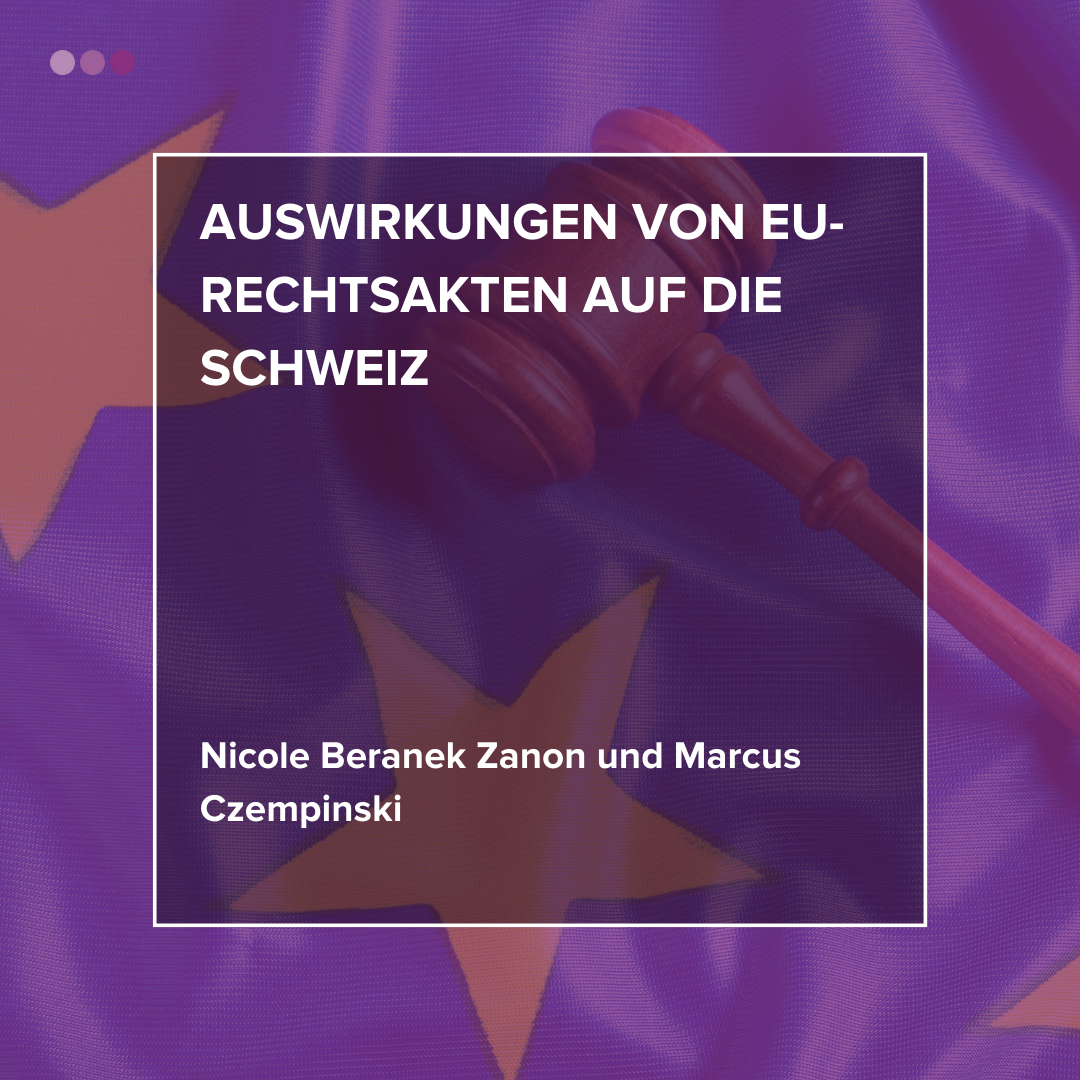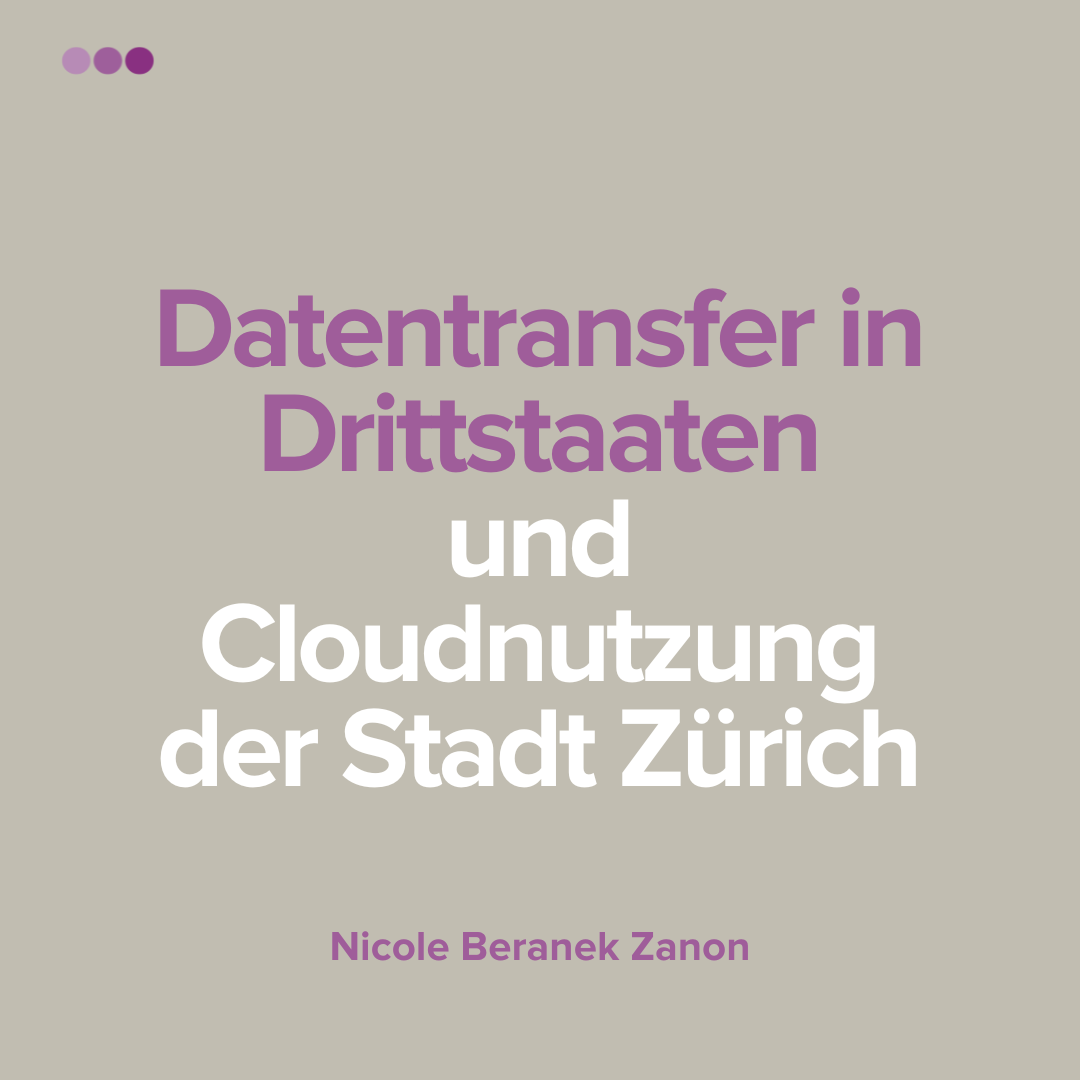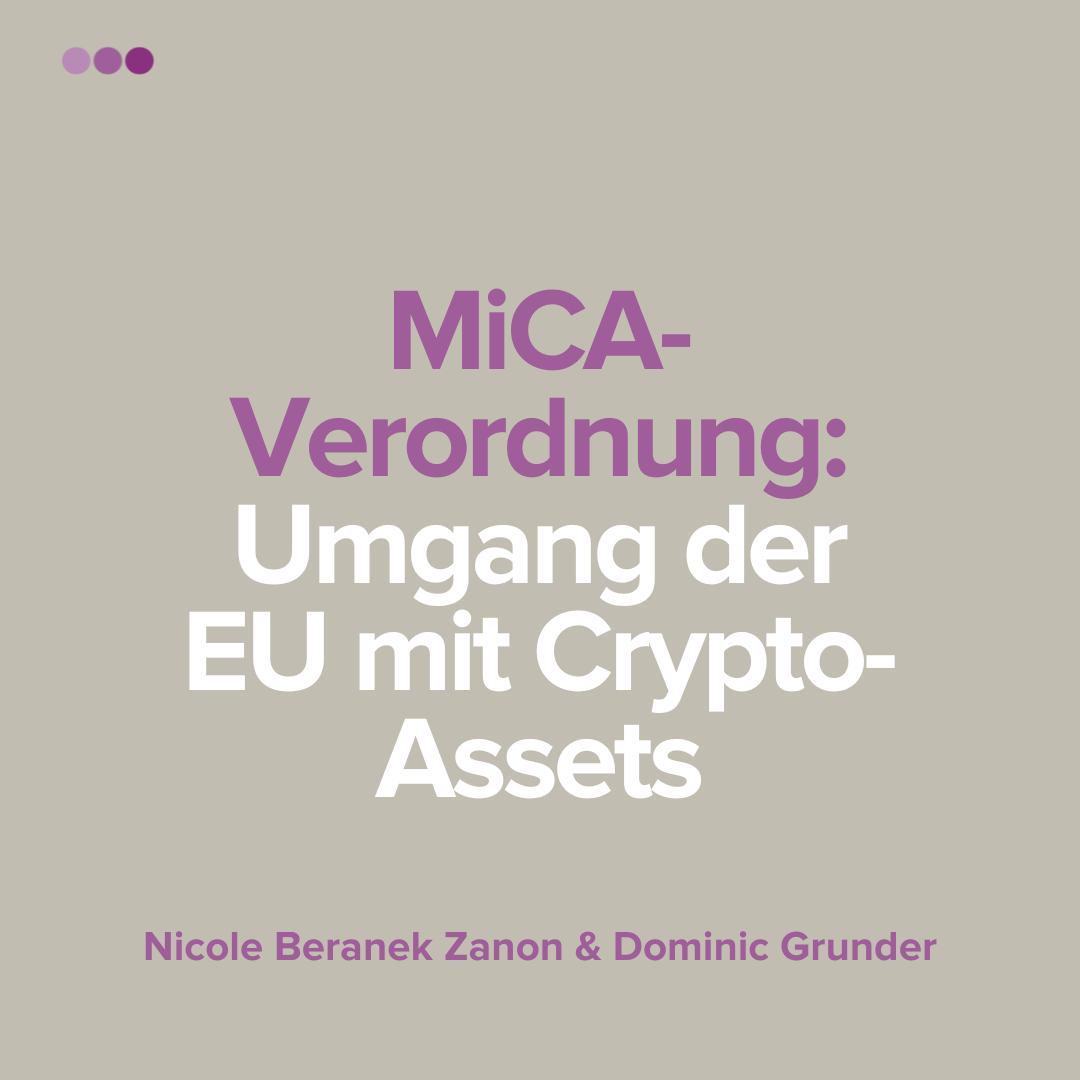New Obligations Under the Digital Services Act
The Digital Services Act passed last year is already relevant for so called "very large online platforms and search engines" since 25 August 2023. These services already need to comply with all new obligations under the act.









